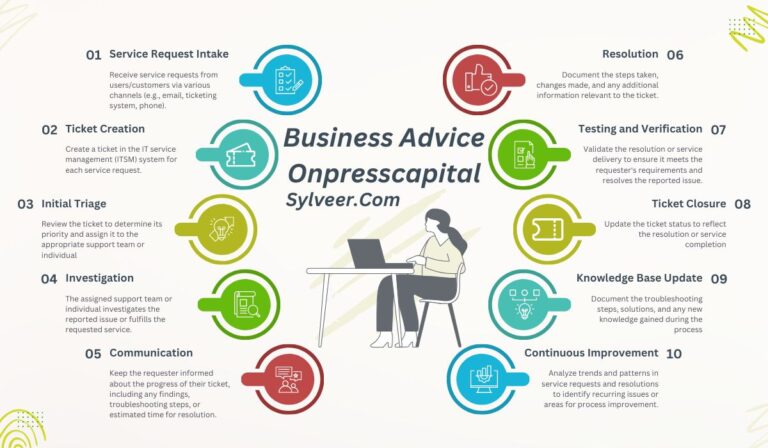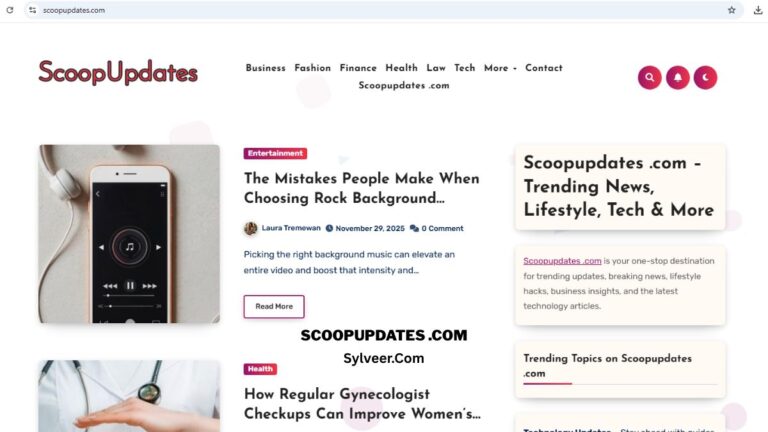
In a world overloaded with information, finding practical tips that actually work can be challenging. That’s where the concept of wutawhelp useful advice comes in. People are constantly searching for trustworthy guidance—whether it’s for personal growth, financial planning, health improvement, or even navigating modern technology. But what makes advice truly useful? How do you separate the fluff from the insights that can make a real difference in your life?
This guide dives deep into wutawhelp useful advice, explaining what it means, why it matters, and how you can apply it to everyday challenges. Instead of generic suggestions, you’ll find practical strategies, relatable examples, and step-by-step explanations designed to help you think smarter and act with confidence.
What Does “Wutawhelp Useful Advice” Mean?
At its core, wutawhelp useful advice represents actionable insights that make life easier. It’s not about giving motivational quotes or vague statements; instead, it’s about practical solutions you can implement immediately.
For example:
- Generic advice: “Save money for the future.”
- Wutawhelp useful advice: “Set up an automatic transfer of 10% of your monthly income into a savings account—this removes the temptation to spend it.”
This difference—between abstract and actionable—is what makes advice genuinely helpful.
Why People Search for Wutawhelp Useful Advice
Modern life is complex. From balancing careers and relationships to managing health and finances, people feel overwhelmed. According to a 2024 survey by Pew Research, over 68% of adults reported feeling stressed about making “the right decisions” in daily life.
The demand for practical, step-by-step help has never been higher. People don’t want endless theories—they want guidance that saves time, reduces stress, and delivers real results.
That’s where wutawhelp advice shines. It’s specific, realistic, and rooted in solving actual problems.
How to Identify Truly Useful Advice
Not all tips are equal. Some sound good but don’t actually work in practice. To recognize wutawhelp useful advice, look for these qualities:
1. Clarity
Advice should be clear, simple, and easy to follow. If it takes too much explanation, it’s probably not actionable.
2. Relevance
Useful advice addresses your current needs. For instance, tips about remote work are relevant to today’s workforce, while outdated methods might waste your energy.
3. Proven Impact
Check if the advice has been tested or backed by experts. For example, the “Pomodoro Technique” for productivity has been proven effective in reducing burnout.
4. Adaptability
Advice should be flexible enough to fit different lifestyles. If it only applies to one narrow situation, it’s less valuable.
Wutawhelp Useful Advice for Everyday Life
Now, let’s break down how this type of advice applies to different areas of life.
Personal Growth and Mindset
- Keep a “decision journal.” Write down choices you make, why you made them, and the outcomes. Over time, this builds self-awareness and helps you avoid repeated mistakes.
- Use the “two-minute rule.” If a task takes less than two minutes, do it immediately. This prevents small chores from piling up.
Financial Stability
- Automate bills and savings. Automation reduces stress and ensures consistency.
- Follow the 50/30/20 rule. Spend 50% of income on needs, 30% on wants, and save 20%. This keeps spending balanced without complicated budgeting.
Health and Wellness
- Apply the 1% rule. Aim for tiny daily improvements—like drinking one extra glass of water or walking 500 more steps. Small changes compound over time.
- Prepare meals on Sundays. This prevents unhealthy food choices during busy weekdays.
Productivity and Work
- Batch similar tasks. Grouping emails, phone calls, or errands saves mental energy.
- Set boundaries with tech. Use app timers or “Do Not Disturb” features to limit distractions.
Expert Insights on Why Advice Fails (and How to Fix It)
Many people collect advice but struggle to act on it. Psychologists explain this as the “intention-action gap.” You know what to do but fail to execute it.
To bridge this gap, experts recommend:
- Implementation intentions: Instead of saying “I’ll exercise more,” decide: “I’ll go for a 20-minute walk after lunch at 1 PM.”
- Accountability systems: Share your goals with a friend or mentor who checks your progress.
- Environmental design: Make good choices easier by adjusting your surroundings—like keeping healthy snacks visible and hiding junk food.
Real-Life Example of Wutawhelp Useful Advice
Consider Sarah, a young professional juggling remote work and family responsibilities. She constantly struggled with time management. After reading about the two-minute rule and task batching, she applied them immediately.
Within a month:
- She cut her daily email time from 3 hours to 1 hour.
- She felt less stressed because small chores were no longer waiting for her.
- Her productivity improved, giving her more time for family.
This is the power of practical, wutawhelp useful advice—small, doable steps that bring measurable results.
How to Apply Wutawhelp Advice in Your Own Life
- Define your challenge. Be specific—don’t just say “I want to be healthier.” Instead, say “I want to drink less soda.”
- Seek proven strategies. Look for advice with evidence or real-life examples.
- Start small. Big changes fail because they overwhelm you. Choose one habit at a time.
- Track progress. Use apps, journals, or even sticky notes to measure improvement.
- Stay flexible. If one method doesn’t work, adjust instead of giving up.
Conclusion
The world doesn’t need more generic tips—it needs actionable, realistic advice that truly helps. That’s the essence of wutawhelp useful advice. By focusing on clarity, relevance, proven impact, and adaptability, you can transform small changes into lasting improvements in your personal and professional life.
Remember, the difference between knowing and doing is action. The sooner you apply wutawhelp advice, the faster you’ll see results.
FAQs
1. What is wutawhelp useful advice?
It refers to practical, actionable tips that solve real problems. Unlike vague advice, it provides step-by-step solutions you can implement immediately.
2. Why is wutawhelp advice more effective than generic tips?
Because it’s specific, relevant, and designed for real-life application. Generic tips may inspire you, but wutawhelp advice helps you act.
3. How can I find the most useful advice for my situation?
Focus on clarity, proven results, and relevance to your current goals. Always test advice in small steps before fully adopting it.
4. Can wutawhelp useful advice improve productivity?
Yes, especially methods like batching tasks, the two-minute rule, and time-blocking. These approaches have been shown to save hours each week.
5. Is wutawhelp advice only for personal life?
No. It applies to finances, health, work, and even relationships. The key is choosing advice that aligns with your needs.
6. How do I avoid getting overwhelmed by too much advice?
Pick one actionable tip at a time. Test it for a few weeks, track the results, and only then move to another piece of advice.
7. Does wutawhelp useful advice really work for everyone?
It works best when you adapt it to your lifestyle. No advice is one-size-fits-all, but with small adjustments, it can make a powerful impact.







